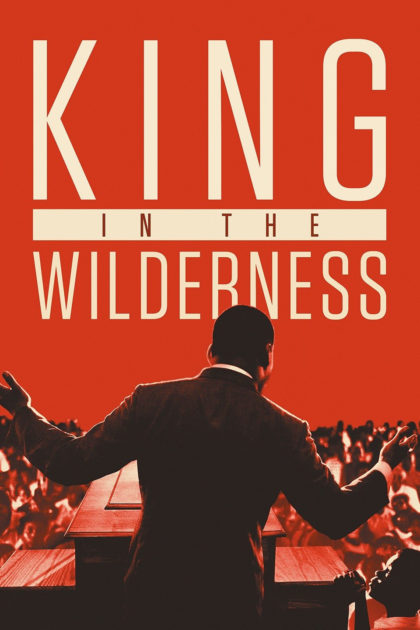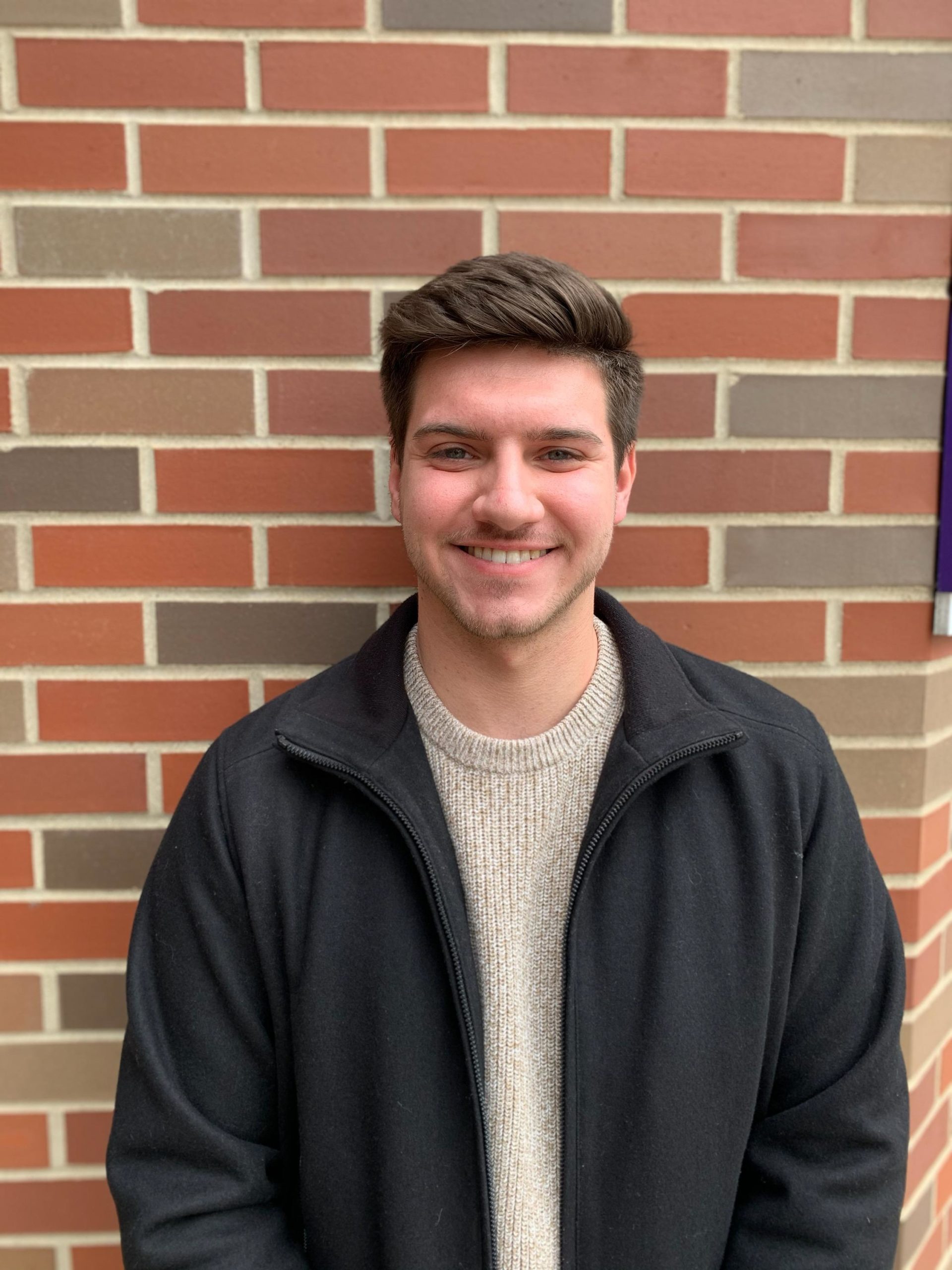Staff Reporter Emily Dietz Notable Moments
The 30th annual Dr. Martin Luther King, Jr., Day of Learning was held last Monday, and although the proceedings were entirely virtual, the event maintained its inspiring energy.
This year’s theme, “Why We Still Can’t Wait,” brought Dr. King’s 1964 book into the present day, spotlighting the systemic inequalities still observable in our society and emphasizing the need for change.
Opening Convocation was live streamed on Capital’s YouTube channel, and it can be watched here. It featured musical performances, including recorded selections from the Capital University Chapel Choir, and remarks from several campus community members.
Student Government President Adam Scherman presented the Spirit of MLK Award to senior Cha’Noah Powell, a Business Management major and an everyday leader on campus.
“Due to the current social climate we are living in right now,” Powell said, “it is especially important not to stray away from conversations that need to be had, regardless of how uncomfortable they may be.”
The importance of confronting difficult topics was also underscored by Trey Ellis, this year’s Gay S. Steele Keynote speaker. Ellis is an award-winning filmmaker, novelist, and playwright.

All registered attendees had the opportunity to watch his recent HBO documentary, King in the Wilderness. Ellis said that his primary goal for the film was to, “Present Dr. King as an ordinary man who did extraordinary things.”
The documentary highlights the immense burden that was placed upon Dr. King, and it shows his struggle to live up to his own expectations.
Ellis ended his remarks by discussing the need for a comprehensive attack on racism—since the poison has soaked into all aspects of life, a piecemeal approach to fixing the problem will be ineffective.
The strength of the Black Lives Matter movement that was demonstrated over the summer was encouraging for Ellis: “We have so much work to do now, and we have the will to do it.”
In order to progress towards the goal of accomplishing much-needed reform, workshops were held in the morning and afternoon that focused on educating participants on pertinent topics in the fight for racial equality.
Dr. Eva George, an Associate Professor of History at Capital University, presented “Microaggressions at Capital University,” during the morning workshop session.
Microaggressions are demeaning, everyday messages that reinforce negative stereotypes. In order to explain the adverse effect of continued microaggressions, George shared the video shown below.
During the afternoon session, Camille Simpson, a second-year student at Capital, presented “Colorism and the Effects of Color Vision,” a workshop aimed at increasing awareness of a relatively recent issue.
The term colorism refers to the prejudicial treatment given to same-race people because of differences in their skin color, and it can be seen as an extension of racism. Simpson highlighted that colorism can most obviously be observed in media representations and the beauty industry, although it is a global issue.
To combat colorism, Simpson stressed the importance of education—with increased awareness of the issue comes an increased focus on fixing the problem.
The power of knowledge was indeed a major theme of this year’s MLK Day of Learning, and it is a lesson that can help all members of the Capital community join together in the creation of a brighter future.
Staff Reporter Josh Conturo on the Importance of Activism
Dr. Martin Luther King Jr. was, undoubtedly, a truly influential figure, all over the world.
King led the charge to remove racism out of the legal system and made the world think about the racially-driven atrocities that were happening in the United States at the time.

In 1986, Martin Luther King Jr. Day was established, and while some may view it as a day off from work or school it should instead be recognized as a “day on,” as Capital University has called it, which makes perfect sense.
This is not a day to spend binging Netflix or playing Playstation.
A much better way to spend this day is by learning how we can make the world a better place, and work on ourselves by understanding the different cultures and lives of others.
A large part of this understanding includes supporting marginalized groups. It is easy for people to make the mistake of thinking this is just posting one thing on Instagram, or retweeting a hashtag and thinking that counts as genuine, long-lasting, significant support.
It doesn’t.
A term that was tackled in the workshop that I attended was “slacktivism.” Slacktivism is essentially the act of trying to appear to be an activist without including the heavy lifting that comes with actually being one.
It means that someone is just trying to look good for their social media followings. This completely defeats the purpose of doing anything at all because it is done for the wrong reason. The whole point of activism is to be selfless in fighting for change that supports the well-being of the future.
Slacktivism takes this and turns it into a selfish act that takes an incredibly important movement that can alter society forever and reduces it to something as small as a few likes on Instagram.
Furthermore, something that can also take place is the action of “virtue signaling.” This is exaggerating views to look righteous. Yet another thing people do to make themselves look better, which has the same belittling effect as slacktivism.
In order to strengthen the divides in American society, we need to learn to engage with the various cultures residing within it.
Some examples of things to do is to learn about and buy from Black-owned businesses that you otherwise may not have. In addition, a good gateway into learning more about Black history and topics is to view, listen to, and read Black-focused movies, books, and podcasts such as The Hate U Give, 1619, The Fire Next Time, and When They See Us.
Again, MLK Day is more than just a day off, but as a time that can be used to make ourselves and the world better.
For more on this topic, check out Managing Editor Zach Ferenchak’s article here.



